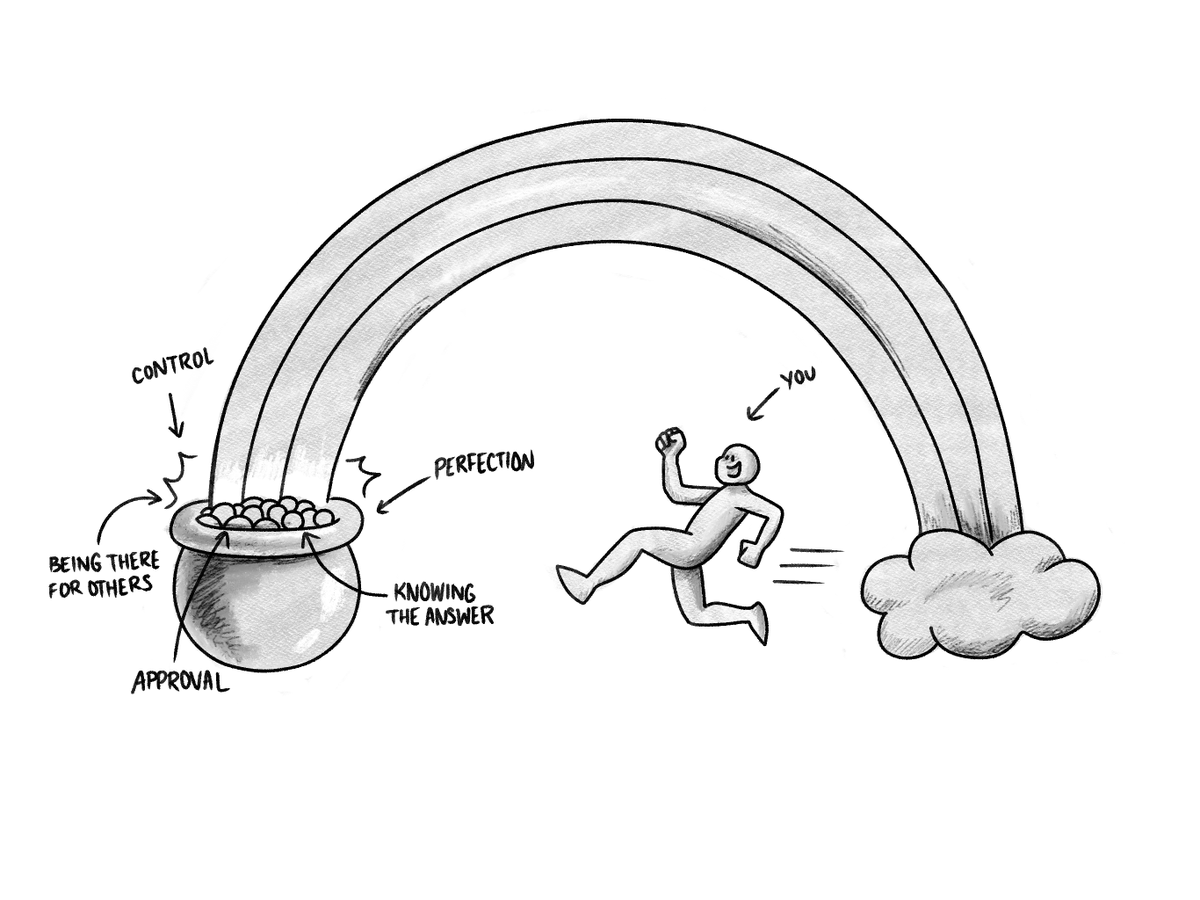I have been studying the nature of criticism lately as criticism is a frequent source of anxiety for a leader....
1/
1/
I think what I offer that is hopefully helpful and freeing for people, is I take a large sweeping concept and try to break it down into identifiable and manageable parts. So I have defined several aspects of 'anxiety' for example, so we can name the source and be free....
2/
2/
Criticism is like that -a broad sweeping word that covers a lot of territory.
3 particularly insidious forms of criticism are: cumulative criticism, second hand criticism, 'same meeting, different experience' criticism.
I will attempt to clarify each in this thread.
3 particularly insidious forms of criticism are: cumulative criticism, second hand criticism, 'same meeting, different experience' criticism.
I will attempt to clarify each in this thread.
Cumulative Criticism. We were probably warned in school that leaders attract criticism, but I don't think we addressed the destructive power of cumulative criticism. Either a heavy season of it, or a wider field of it - coming from a few fronts. This can take a leader out...
One helpful tool is to simply name it. If you are in a heavy season, or getting hit on several fronts, you need more 'cover.' I think it is also important, difficult, humbling and ultimately freeing to seek understanding. Are you, in fact, doing something that is generating it?
We often posture ourselves as the victim, but the criticism may actually be earned. Curiosity is a powerful tool to help diffuse it. Asking a lot of clarifying and self awareness questions of a safe person you trust can be a gift. You can diffuse criticism by saying, 'thank you.'
But sometimes, it is a series of cheap shots, uninvolved critics, broad brush statements etc. That can damage the soul. Lots of extra soul care, someone speaking into your identity and gifts, considering the source, allowing the pain to move through you...all helpful tools.
2. Second hand criticism: It is the impact on a loved one of a leader. Maybe you bring it home to a spouse, but later you resolve it. It remains unresolved for your spouse. They are still carrying the impact, second hand. You can serve your loved one by closing the loop.
"Thank you for listening to me rant. We were able to talk it through and resolve some things" is a gift to a care giver in your life who is hearing your pain fresh.
3. "Same meeting, different experience" criticism can be hard to notice. I've learned over the years that we can all be in the same room, but the 'target' of the criticism is taking it harder than others.
I have been the target, but I have also hosted a meeting where another is the target. When you are not the target, you don't feel the 'hit' of the attack like the target does.
You may need to step in front to protect the target or if you are the target you may need to help people know what you are feeling. Leaders have told me before, 'you looked fine, we didn't know you were hurting. Could you help us see it?' While I was managing being attacked.
Similarly, as a facilitator of such meetings, I have tried to keenly attune to the 'target' to help mitigate the emotional damage.
A LOT of leaders stop leading because they are no longer willing to carry the impact of criticism. Hopefully defining the source and using tools to manage it can keep us healthier, longer.
#MLA #SoulCare #LeadershipDevelopment #SystemsTheory #FamilySystems
#MLA #SoulCare #LeadershipDevelopment #SystemsTheory #FamilySystems
• • •
Missing some Tweet in this thread? You can try to
force a refresh









